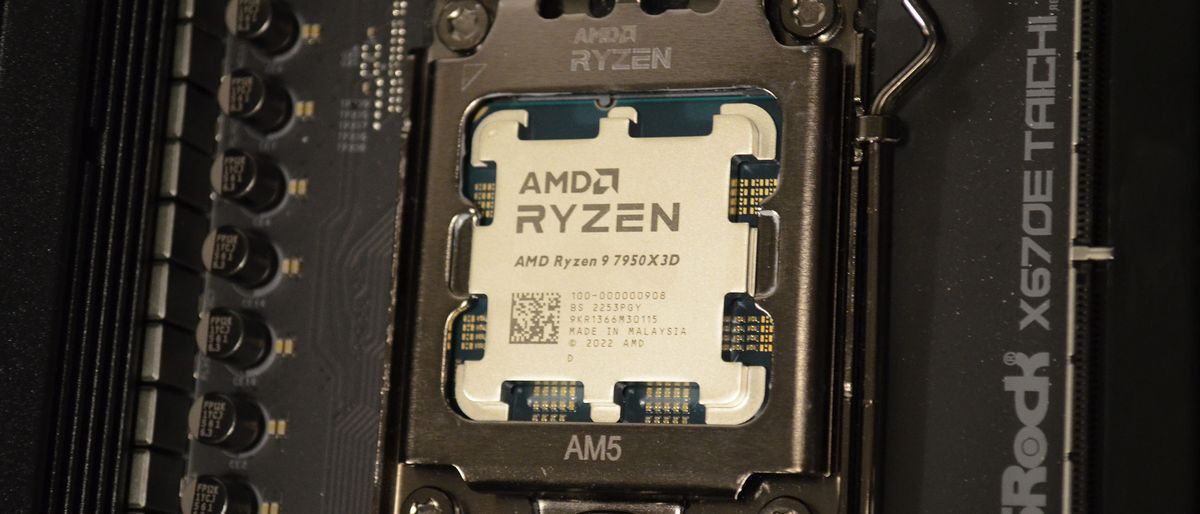
AMD motherboards are about to get a major BIOS update that will introduce 24GB and 48GB DDR5 RAM module support, upending decades of memory capacity allocation and breaking the brains of math nerds everywhere.
Traditional RAM modules have been using the power of 2s capacity solutions for a long time, so there are 2GB, 4GB, 8GB, 16GB, 32GB and so on. It has to do with the way computers store data using binary numbers — the classic 0s and 1s of the digital age — but this has long been more a convention of memory capacity than some kind of hard and fast requirement. Some of the best SSDs come in at 500GB, which is 12GB less than the clean 512GB you’d get from a pure binary representation.
Of course, it’s always possible to combine some RAM modules to get 12GB, 24GB, etc. of total system memory, but it’s rarely available on a single RAM module outside of high-end workstation PCs.Now, as our partner Tom’s Hardware (opens in a new tab) Note that some truly epic PC build possibilities are possible, such as a small PC build with a mini-ATX board, with two 48GB DDR5 modules and 96GB of memory.
More RAM is always the best upgrade you can get for your PC
While the best processor and the best graphics card will keep your PC running well, for most people, the best upgrade you can make to your PC is more memory.
Today’s best RAM delivers blazing speed and can remove bottlenecks in your everyday workflow better than almost any other upgrade. Every program needs memory to run, and the more memory you have, the more room they have to run without bogging down with the limits imposed on them by the operating system.
Also, most motherboards only have four DIMM slots for memory, and some smaller motherboards only have two slots available. That means being able to cram more memory into a single socket is a big deal, as it raises the upper limit of what’s possible on any given system.
With four 48GB DDR5 RAM modules, you get a staggering 192GB of RAM, which is professional workstation-grade memory on a consumer motherboard.
While most people will never need that much, two 24GB modules will pretty much eliminate any system lag from running out of memory that users will experience for the next decade (due to the nature of memory, two 24GB modules will outperform single 48GB module) dual channel memory).
All in all, a great move by AMD, and the fact that no one has to upgrade from existing AM5 motherboards is huge.







